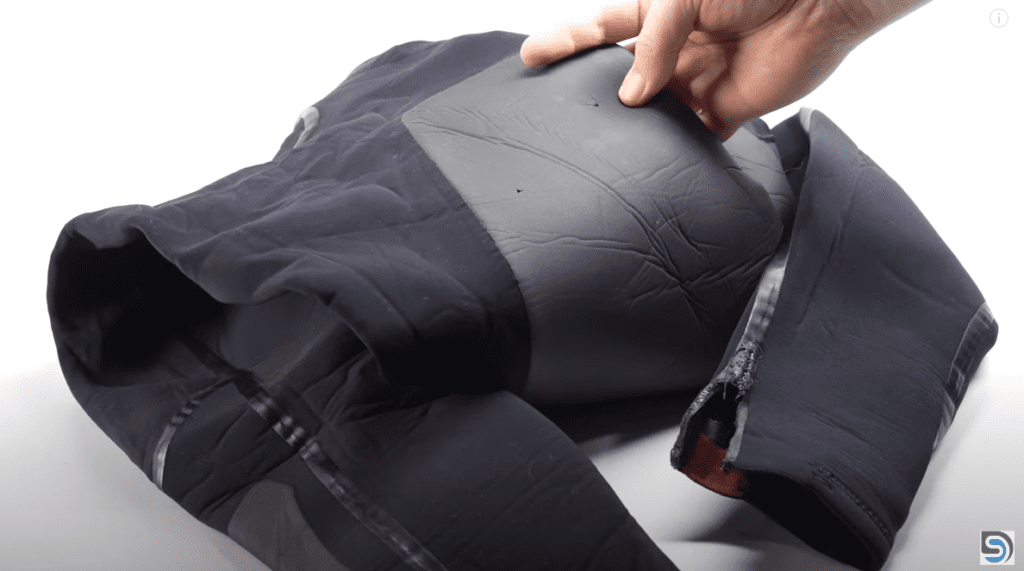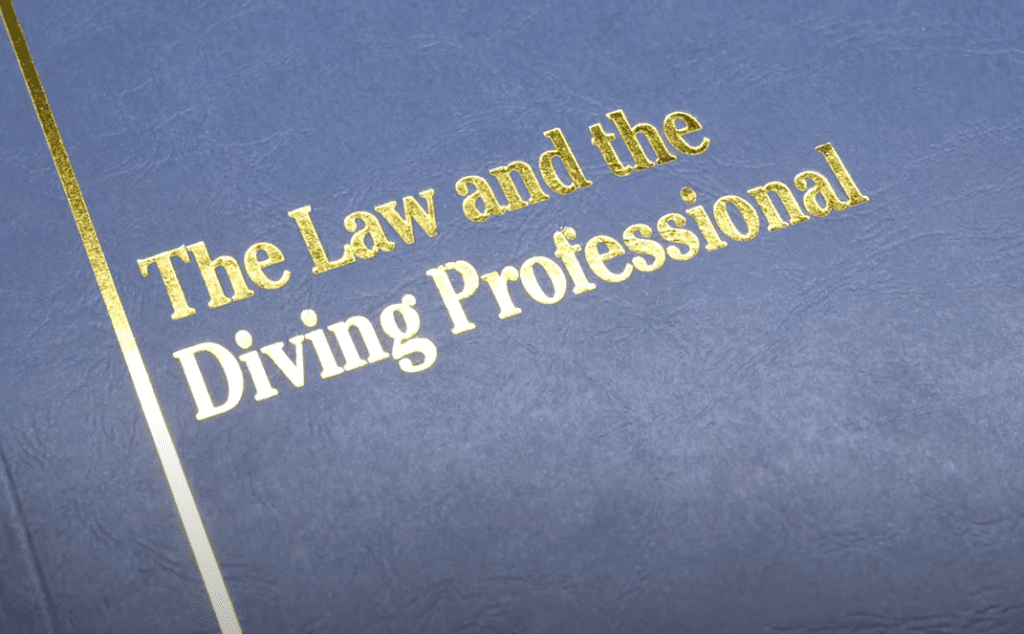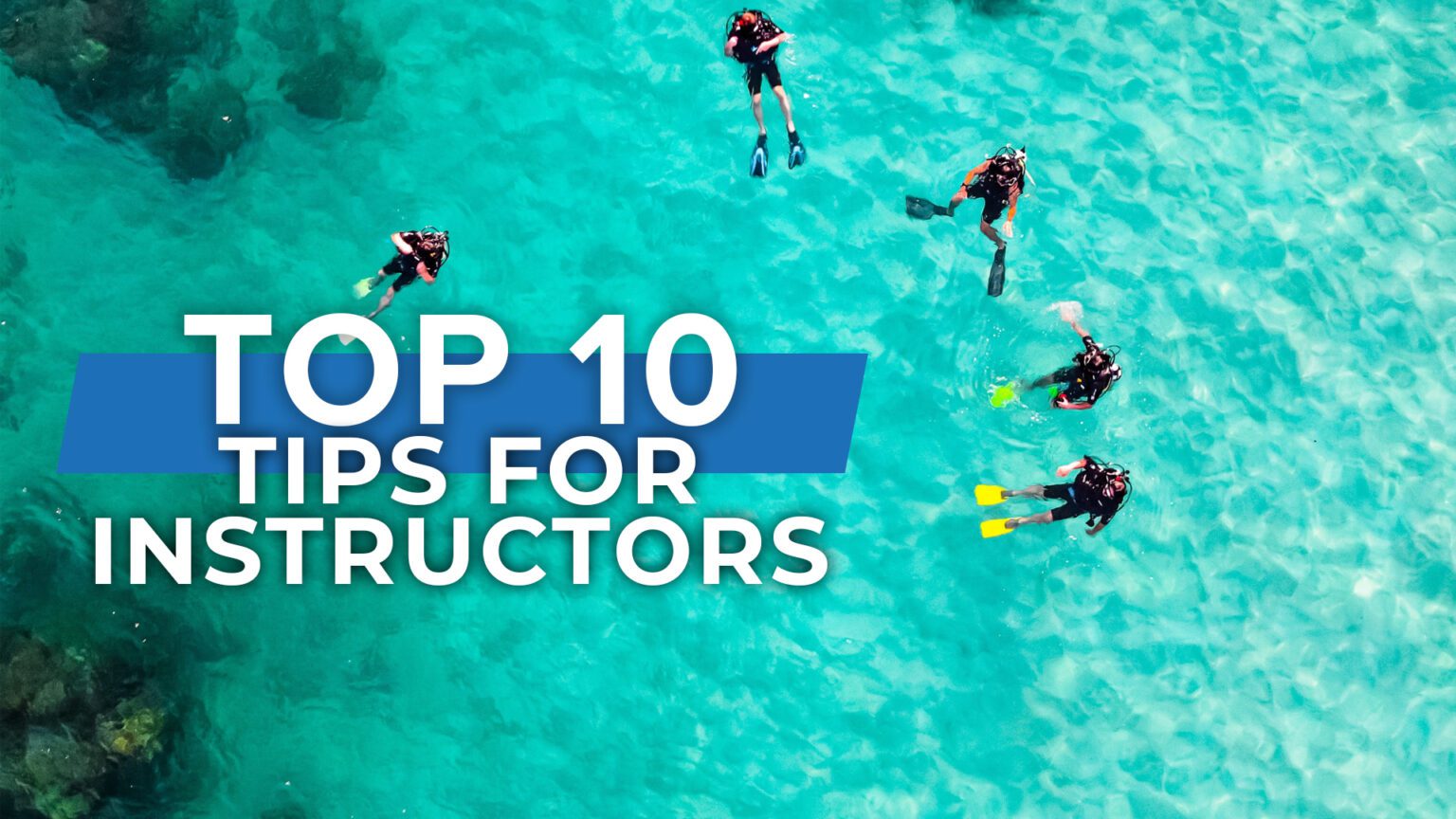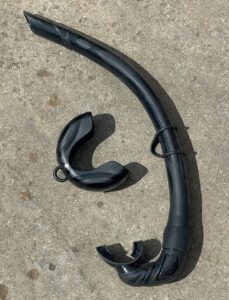Hey gang, welcome to scuba diver magazine and welcome to top ten. This week, it’s tips for Instructors or Dive Masters to help you out for your qualifying course and when you’re in the real world with students. Because students are a funny breed and be very unpredictable at times and even with all of your experience, they will always come up with something to test you.
Slow Down
The first thing is to slow down, you can’t do things in the water at your normal pace. You have already spent hours mastering your fin kicks and efficiency but, many new divers have never worn a pair of fins before so when you’re leading a dive, if you go at your normal pace, you will easily leave them in the dust. Go at maybe a quarter speed, seriously. Otherwise you’ll lose students.

The same goes for demonstrating skills, it’s great that you can remove your mask and clear it in a few seconds, well done you. But, demonstrating skills you need to really slow things down so that students can see all of the little details. And remember that you’re putting on a show so that each student can see each part of the skill and how to do it. If you really over emphasize each skill your examiners and students will love it.
Professional
Scuba diving does have an air of easy, party-people kind of culture but, as a professional diver, you are always working when you’re in front of students and other divers. It’s very common that you’ll hang out with divers between dives and at the end of the day and if you get hammered or act stupid then divers won’t trust you and you’ll probably be looking for alternative employment before long.

You also need to think about your gear. As much as you may not like it, you are the image of the diving industry for a lot of people and if you’re still rocking tattered wonky dive gear that you bought 2nd hand five years ago then you need to up your game. I know we don’t get paid a lot to buy a new set of gear each season but, it needs to be professional, otherwise the image of the industry looks bad and people will very quickly find something else to do.
Routine
Build yourself a routine. Personally, I found it much easier when I pulled together a little routine that I’d play for each skill and scenario. It’s a bit like a comedy act where you run certain bits and if it works well you use that going forwards but if something doesn’t work, you bin it. And eventually you’ll build up an entire repertoire that you are constantly improving and honing.
And for that, it’s good to watch and listen to other instructors and guides and use some of their bits. If they say a certain something that gets a good reaction from the group then add that to your routine and learn from one another and mix up your routine so it doesn’t get stale for you. But, I found it much easier to have certain acts that I would run through in certain situations.
Stick to the Script

I know I’ve just told you to come up with your own script and act but, remember that you need to stay within the boundaries of your training organization. If you start pushing boundaries and outside the specs of your training agency, miss things out then you can quickly find yourself in very hot water all by yourself. Legally.
As long as you stick to the training guidelines and don’t do something stupid, then if something goes wrong, your training agency should cover your back because the legal issue is with their training standards not you in particular. But, if you stray from those guidelines and go off book, because you figure it’ll be fun for them to go a bit deeper or skip over skills because you can’t be bothered, you’re on your own for those actions.
Prepare



On time is five minutes late, you should always plan and prepare things as early as possible because a lot of things are going to be dependent on past-you being organized so that present-you doesn’t look stupid or put somebody in danger. Think through absolutely everything and pack and prepare things as early as possible so that you’re not rushing or without something when it comes to it.

Think about your paperwork, tools, spares, replacement parts. You can save a dive with a single O-ring but, if you don’t have the spanner to undo something, that’s it. You have to think like a pessimist. What could go wrong and what do I need to bring with me to fix it. You’ll soon gather a grab bag with everything you need but, always be thinking about what could go wrong
Don’t Do Everything
Its very tempting and easy to see a new diver struggling with something and do it for them, but, it’s very important for you to let them do it themselves. Obviously help them if they’re in trouble or they’re about to do something very silly. But, they need to be the ones to actually do things so that they know how hard to turn something, what this thing does, so that when they’re off by themselves they can do it properly. Instead of actually doing it yourself, watch and guide them as they do it themselves.
Its also important to delegate tasks so that you’re not the one lugging cylinders back and forth and dragging divers around in the water and you’ll tire yourself out. As an Instructor you need to look after number one so that you can look after your students. If you’re knackered somebody’s going to get hurt, so, get your dive master to do it, or make it a fun game for the students.
Pivot
Everybody learns in a different way and it’s very important as an Instructor that you can teach a concept in a few different ways so that anybody can understand. I like to use analogies. Personally I use car analogies a lot, because most people, even children are fairly accustomed to cars. So, your SPG is like a fuel gauge on a car, car tires are pumped up to 2 or 3 bar of pressure but there’s 200 bar inside your cylinder. Regs need to be serviced once a year or after 100 dives, similar to a car: after every Xmiles.

It can just put some things in a perspective that they can understand than just throwing a bunch of new concepts at them. But, if a student doesn’t seem to be getting it, don’t just repeat what you’ve already said or what’s in the text book, because they already don’t understand that. Try explaining it a different way
Voice
You also need to be the voice for certain divers. I’ve had a few students, and you’ll see it yourself, where they’re doing the course, not because they want to, but because somebody else wants them to do it. And it’s often parents that sign their kid up so that they can come on trips with them but, you need to be able to see the signs of somebody that doesn’t want to go on the dive and give them an out without loosing face or creating a scene.
You’ll soon pick up on natural cues and behaviours of students that are not happy about the dive but too shy to say anything about it. You now have to tread the delicate line of either calming their fears so that they’re confident and actually happy to go on the dive or give them an out so that they can skip the dive and stay on the surface. And you have to make that call on the go and make sure that you make the right decision.
Go Diving
Actually go diving yourself. A lot of Instructors, myself included. Get into a routine of only going in the water with students. But, it’s important that you actually take time to go scuba diving just for fun, because, you know, you actually enjoy scuba diving. Not bringing students with you will help you hone your skills in real world scenarios and helps to separate scuba diving from work and recreation.

It can be hard because some times when you spend all week teaching scuba diving and working with dive equipment, some days off, the last thing you want to think about is more scuba diving. But, definitely take the time to book dive trips where you’re just diving for fun.
Turn it around
There will come a time where you are asked a question that you do not know the answer to and there are four ways to handle that. You act like a politician and ignore the question and start talking about something else. But, you can’t use that, that’s not a great choice. You can make something up, which can be dangerous if you’re wrong, try not to do that.
You can admit that you don’t know, which is a great choice, because it proves that you’re honest and the student feels good that they’re thinking at that high level. And number four is “lets work it out together”. You and the student can work out the answer together that helps build the bond and teaches the student how to work out the answer.
As a professional diver it’s important for you to be professional in how you compose yourself, your equipment and everything that you do. This is a career after all, treat it like a job and know your worth as well, you have a very specific skillset that you shouldn’t undersell and build on it as well. If you think when you’re applying for a job everybody is going to have that basic Instructor ticket, think about additional skills that will help you stand above other candidates.
For more tips and advice check out some of our other videos and articles either on YouTube by subscribing to the channel or heading over to our website.








